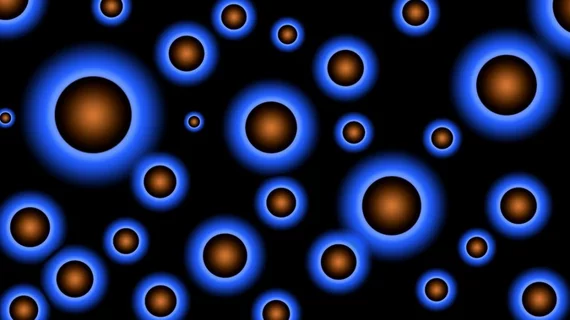Nuclear reactor in Poland steps up to address Mo-99 shortage
The Maria nuclear reactor in Poland has ramped up its medical isotope production to fill a temporary shortage caused by a water leak discovered in a Dutch high flux reactor.
The Nuclear Research & Consultancy Group (NRG) announced on Jan. 21 that an inspection at the high flux reactor in Petten, the Netherlands, shut down production for an indeterminate period of time. The “unplanned” outage has caused a supply shortage of both Mo-99 and Lu-177.
Poland’s only research reactor, Maria, quickly adapted to take over Mo-99 production, according to the National Center for Nuclear Research in Świerk. NCBJ said Maria began producing the isotope in a “matter of hours” following the shutdown.
The Maria reactor has been preparing since 2010 to produce Mo-99 in the event of an unexpected shutdown, according to World Nuclear News.
“Several cycles each year are performed and, in case of unplanned shutdowns within primary suppliers, Maria is prepared to increase its supply,” NCBJ told the news outlet.
Read the entire story below.
Related Radiotracer Isotope Shortage News:
Netherlands nuclear reactor has resumed operations after unplanned outage
Medical isotope shortage looms as 'unplanned' outage halts Mo-99, Lu-177 production
University's research reactor increases medical isotope production in wake of supply disruption
Texas A&M University to lead isotope R&D trainee program with $2 million grant
University's research reactor increases medical isotope production in wake of supply disruption
One chemistry professor's role in increasing radioisotope production in the U.S.
NorthStar breaks ground on isotope facility, moves toward doubling domestic Mo-99 supply
Isotope update: Target date for resuming production of Mo-99 still unclear
Wisconsin company to begin producing medical isotopes next year
Isotope shortage update: Target restart date for downed reactor has been set
Medical isotope update: Shortage expected to last weeks as nuclear reactor remains sidelined
Medical imaging isotope producer Shine finalizes merger with fusion technology specialist
SHINE gains exclusive license for Lu-177 radioisotope production

